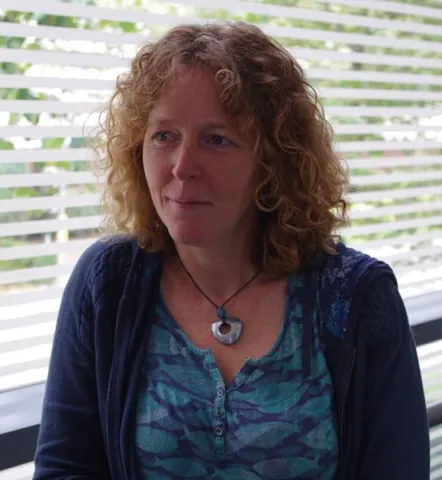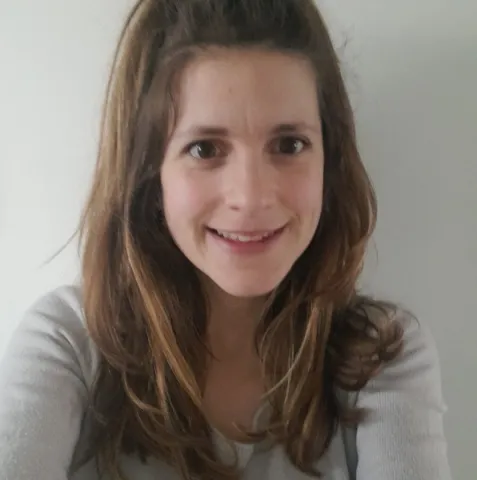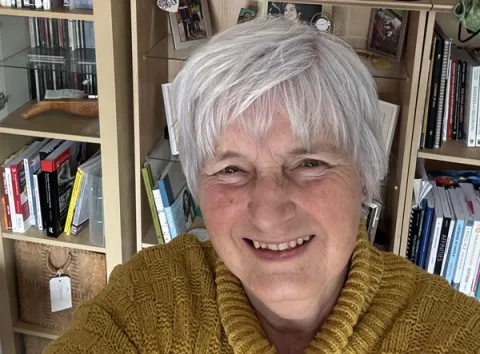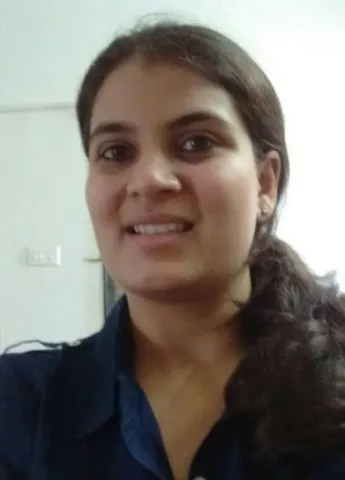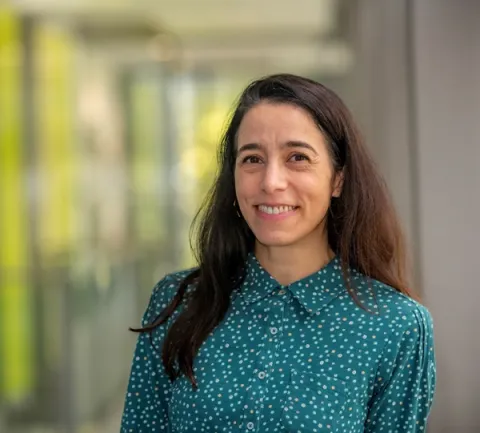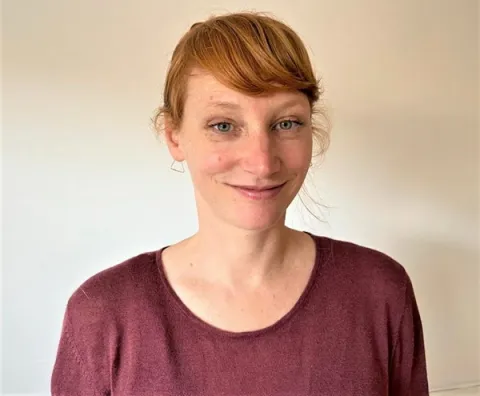Centre for Research in Inclusion

Our educational researchers are working to further theoretical understandings and practices of inclusion, through participatory and practitioner-based methodologies.

Our educational researchers are working to further theoretical understandings and practices of inclusion, through participatory and practitioner-based methodologies.

The centre is headed by Dr Achala Gupta and Dr Vasilis Strogilos. Our members work with a strong network of collaborators who value and conduct research that addresses inclusion. They engage with the needs of participants and research users.
We focus on developing research that fosters and improves inclusive practice in an inclusive way. This means we often work with teachers and young people to carry out our research.
We have particular expertise in:
Watch our video: The Centre for Research in Inclusion- accessible version
Watch our video: The Centre for Research in Inclusion- standard version
Explore our latest news and events.

My research focuses on investigating educational issues sociologically. I have written about shadow education and schooling in Asia and how HE students are socially constructed in Europe. Currently, I am leading two research projects on: GenAI and education, and Teacher retention in British schools.
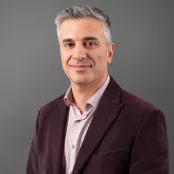
My research focuses on the inclusion of students with special educational needs and disabilities in mainstream schools and I work with teachers, students and parents to make this happen.

My particular areas of interest and expertise lie in qualitative, inclusive research methodology and in the fields of interactive and inclusive pedagogy.
